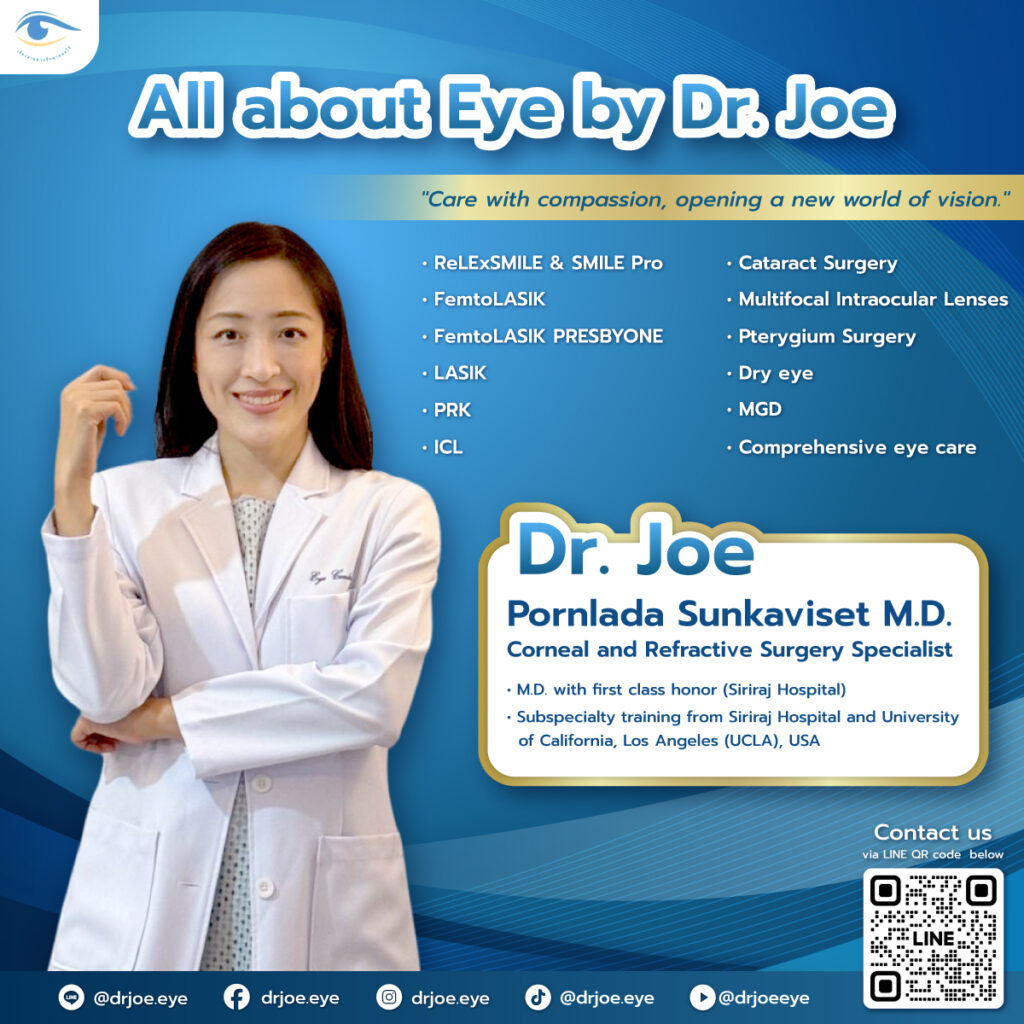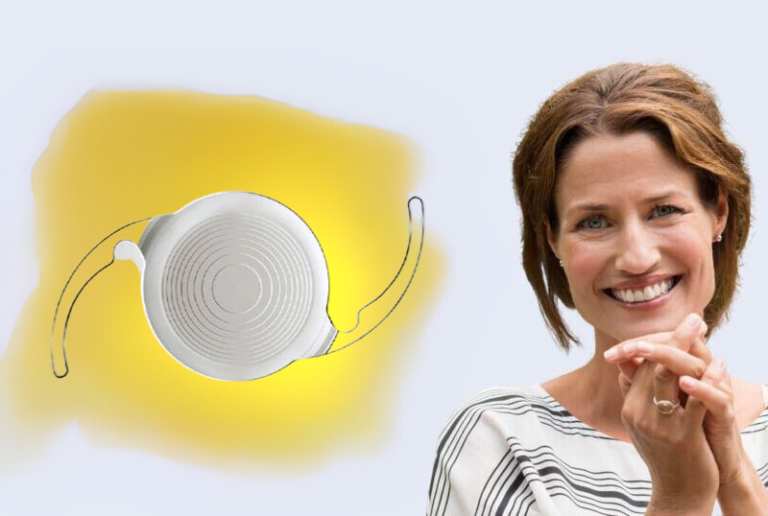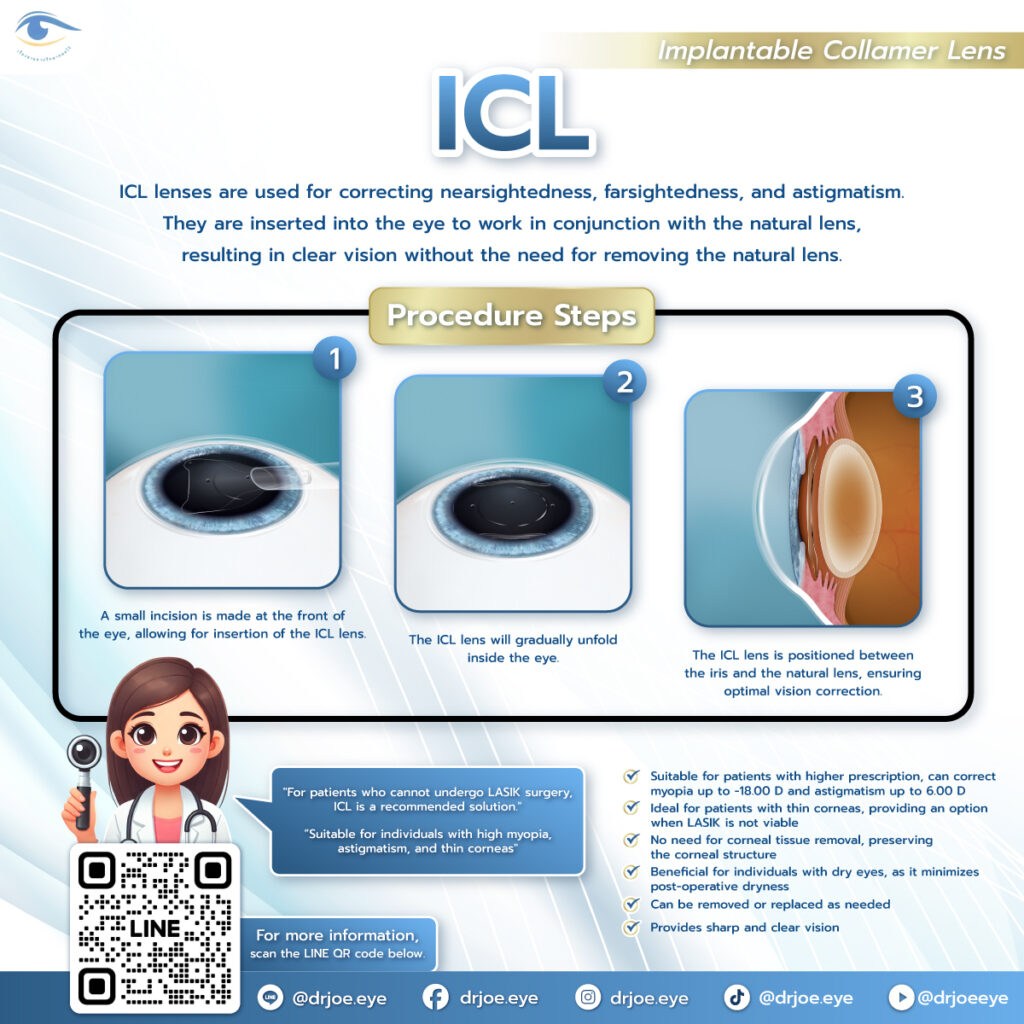
The Implantable Collamer Lens (ICL) is an advanced medical technology developed to address the needs of individuals with myopia, hyperopia, or astigmatism, who may not be suitable candidates or prefer an alternative to LASIK surgery. The ICL offers a safe, long-lasting solution, allowing patients to enjoy clear vision without relying on glasses or contact lenses.
What is an ICL?
The ICL is a specialized lens made from Collamer material, designed to be biocompatible, minimizing the risk of allergic reactions or immune responses. With over 20 years of development and ongoing research, the ICL has been validated and approved by multiple medical authorities, including the U.S. Food and Drug Administration (FDA). It is gaining popularity among patients who cannot undergo LASIK. Once implanted in the eye, the ICL lens enhances vision clarity by adjusting the refractive power, providing sharp and clear vision.
The ICL is placed between the iris and the natural lens, differing from traditional contact lenses that require daily removal and cleaning. The ICL, once implanted, is a permanent solution that requires no daily maintenance, providing continuous clear vision.
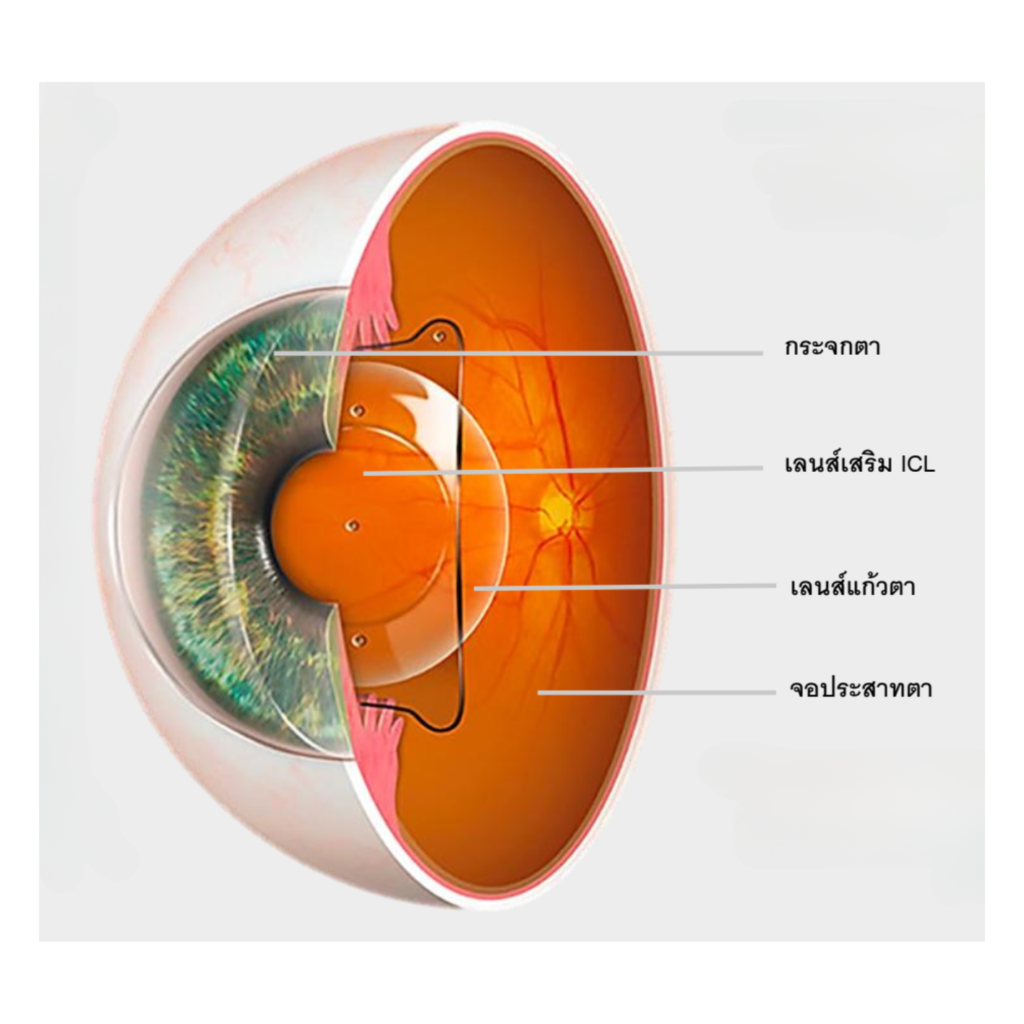
Surgical Procedure
ICL implantation is a quick and safe procedure. The surgeon creates a small incision at the cornea to insert the ICL between the iris and the natural lens. The entire process typically takes 20-30 minutes per eye, without the need for stitches, and patients can return home the same day. Vision often starts to improve within 1-2 days, and some patients may experience clear vision immediately after surgery.
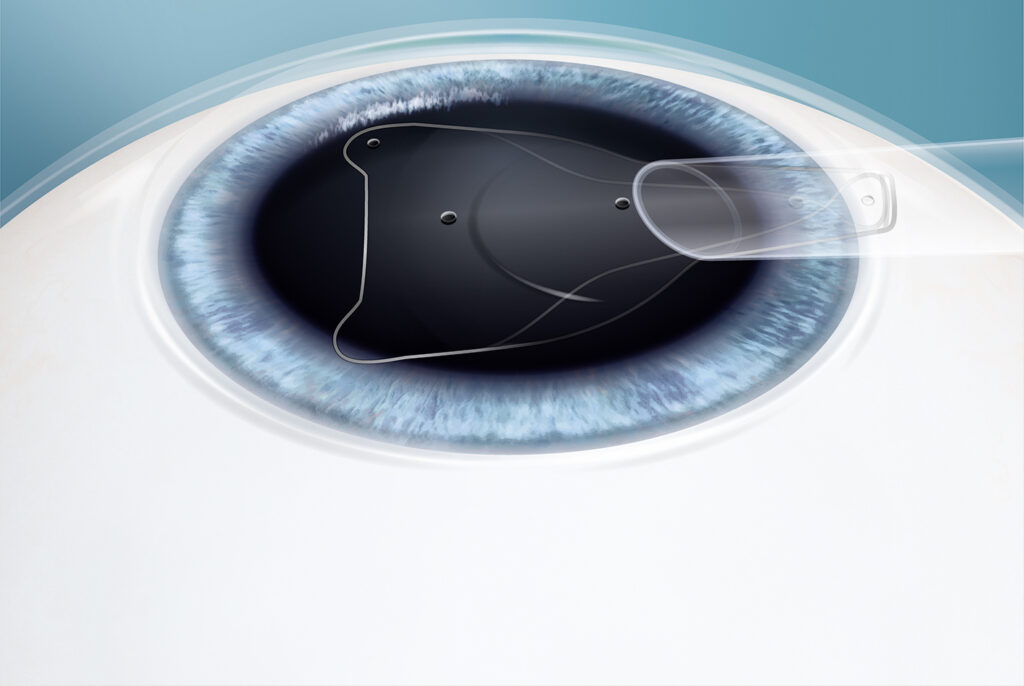
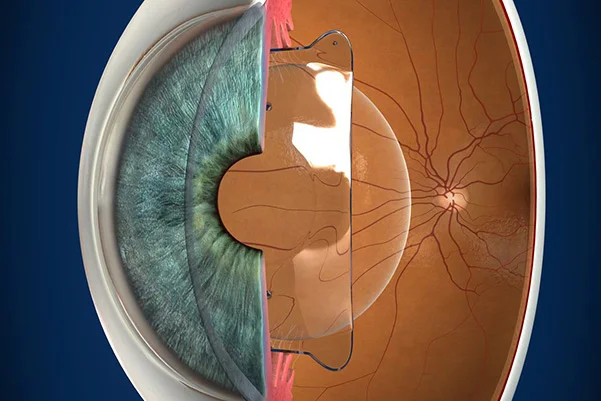
Advantages of ICL
The ICL offers several benefits over other vision correction methods like LASIK or traditional contact lenses:
- Board range of vision correction: The ICL can correct myopia up to -18.00 D and astigmatism up to 6.00 D, making it suitable for patients with higher prescriptions that LASIK cannot address.
- Alternative for Non-LASIK Candidates: Patients with thin corneas or abnormal corneal shapes, who are unsuitable for LASIK, may find the ICL a viable option for vision correction.
- Preservation of Corneal Structure: The ICL does not alter the cornea’s natural structure, resulting in stronger corneal integrity and less dry eye compared to LASIK. Additionally, it allows for the possibility of lens removal or replacement if vision changes in the future.
- Sharp and Higher-Quality Vision: The ICL provides high-quality vision with reduced glare and better night vision, offering clearer, more precise eyesight.
Pre-Surgery Assessment
Before undergoing ICL surgery, it is crucial to measure the anterior chamber depth (the space between the iris and cornea) to ensure sufficient room for the lens. A minimum depth of 2.8 mm is required to reduce the risk of complications such as increased intraocular pressure or friction within the eye. The surgeon will conduct a thorough assessment to ensure safety and, if necessary, recommend alternative treatments if the space is insufficient.
Post-Operative Care
After ICL surgery, it is essential to follow the surgeon’s instructions carefully to prevent infections or complications. Using prescribed eye drops as directed is crucial, and patients should avoid activities that could potentially impact the eyes in the initial recovery period. Regular follow-up appointments are necessary to monitor the recovery and ensure optimal results.
Safety of ICL Lenses
The ICL has been approved by the FDA, ensuring its safety and effectiveness as a medical device. However, it is essential to have the surgery performed by an experienced and skilled ophthalmologist to achieve the best results and minimize any potential risks.
Summary
The ICL is an effective and safe vision correction option for individuals with high refractive errors or who are not suitable candidates for LASIK. The ICL offers flexibility for future vision changes and requires minimal post-operative care, allowing patients to lead a comfortable, glasses-free life after surgery. If you are considering vision correction options, consult with an ophthalmologist to determine the most suitable approach for your unique visual needs.

